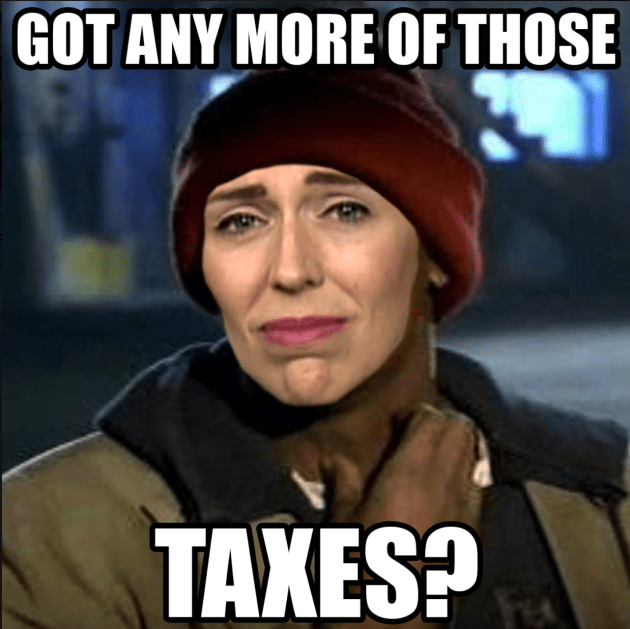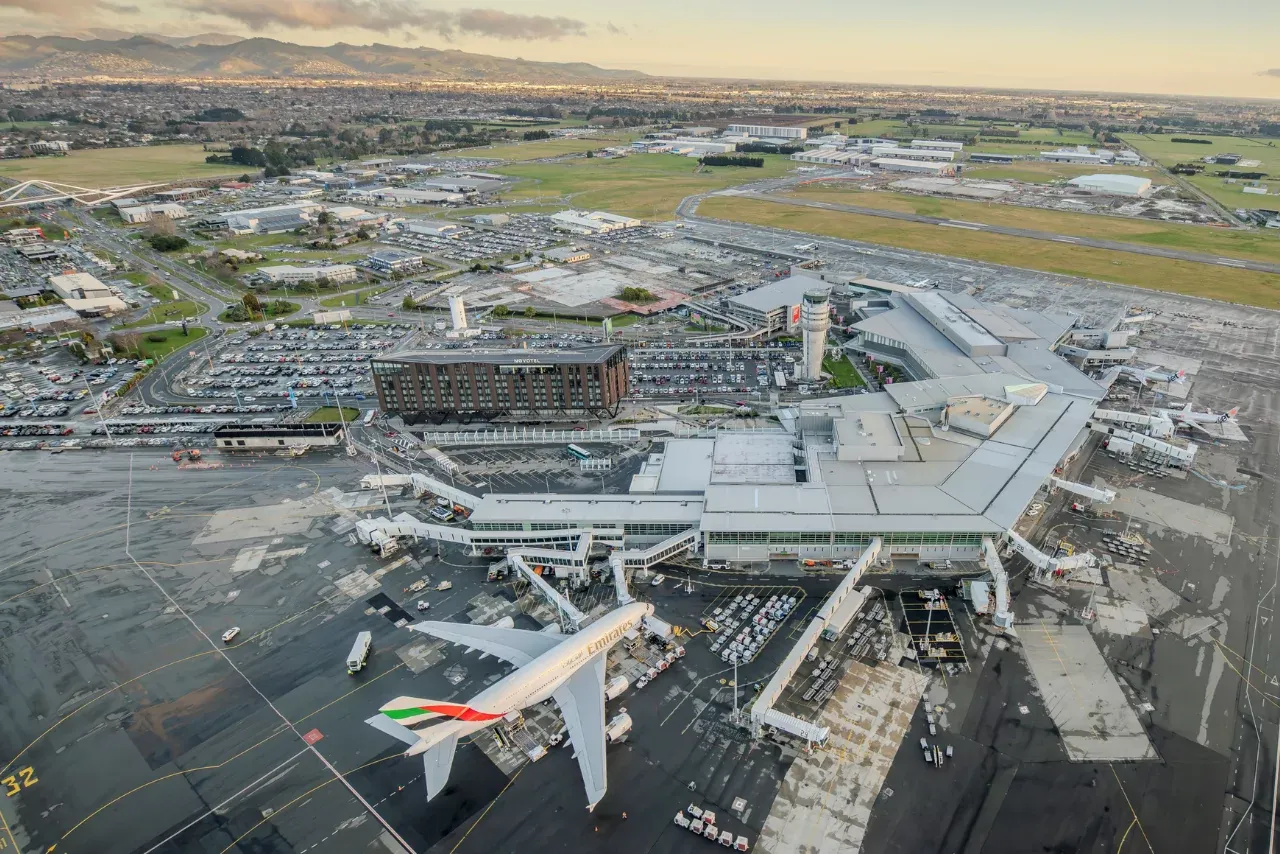Table of Contents
The Government will pocket almost half a billion dollars in new taxes even if its plan to hike the price of higher-emissions vehicles doubles the number of cleaner cars on our roads.
Associate Transport Minister Julie Anne Genter claims her plan is revenue-neutral. But her ministry’s own numbers reveal she is misleading the public.
National calculates that even if imports of electric and low-emission cars double – putting an extra 26,000 on our roads each year – the scheme will raise $85 million more in taxes than it pays out in subsidies each year, adding up to $426 million over the first five years.
If the scheme was introduced today, and there was no change in motorists’ behaviour, New Zealanders would be forking out more than $1 billion in tax on vehicle sales over five years.
Basically, the scheme will only be revenue-neutral if the uptake of low-emissions cars happens at an unprecedented and unrealistic rate. Otherwise, it’s just another sneaky tax grab from hard-working Kiwis already struggling with the rising cost of living.
The government may say its policy is ambitious, but it has already shown it can’t live up to its own hype. It campaigned on an ambitious promise of building 100,000 affordable houses through KiwiBuild, only to abandon that target less than 18 months into its term.
Setting aside the big numbers, the true cost here is the extra few grand a Mum and Dad with three kids will pay for a used seven-seater van, just so a banker can buy a cheaper Tesla.
The Associate Transport Minister needs to be honest about how much money her plan will actually take from Kiwis’ back pockets, and what she’ll do with her tax bounty if it isn’t paid out in subsidies. Another slush fund to keep NZ First happy perhaps?
“National supports greening the vehicle fleet through incentives, not penalties. Our policies saw the number of EVs on our roads jump from 1406 in May 2016 to 14,867 in June 2019.
New Zealanders simply can’t trust the Labour-led government on tax. The capital gains tax debacle demonstrated it can’t sell new taxes to the public direct, so now it’s finding creative ways to dress them up as ‘small fees’ – as Julie Anne Genter likes to say.”
Vehicle_emissions_scheme_calculationsDownload









